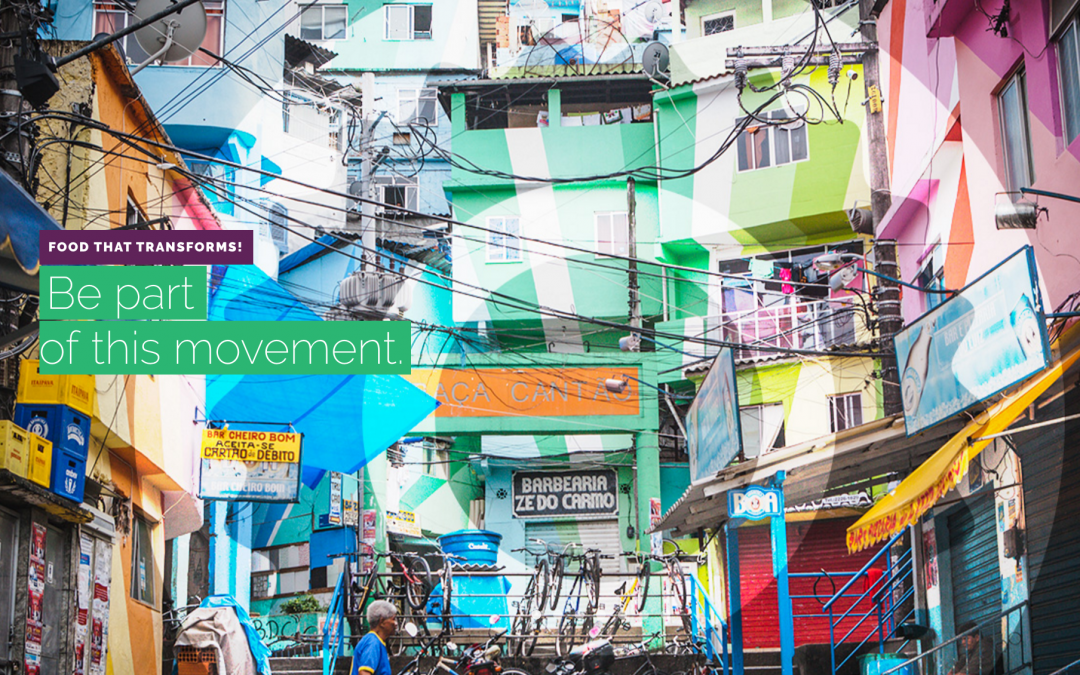When David Hertz left his home in Brazil as a teeneager he found a passion: food. He brought the passion home to the favelas—the urban slums—in his home country where he started Gastromotiva, a “sociogastrnomic organization,” and a GSN, that teaches cooking and then teaches its students to train others.
I visited a favela — and thought, what if through cooking the residents could become what they’re meant to be? By interacting with other people through cooking, you learn confidence, discipline, collaboration. So why not use gastronomy to empower people? I call it social gastronomy.
The first social project using gastronomy, Gastromotiva provides a tool to promote education, jobs and income. The primary initiative is Vocational Kitchen Training funded with participation by major partners like JP Morgan and Nestle. Training targets young people between the ages of 17 and 35 with family incomes of no more than three minimum wages, no professional qualification but with great potential and the desire to seek job opportunities. Since 2007, Gastromotiva has qualified over 1800 people in São Paulo, Rio de Janeiro and Salvador, with between 70% and 80% of these graduates gaining employment in the year following training. With programs targeted to the disadvantaged youth in the favelas, participants have become attractive employees and have also gone on to start their own businesses, In addition, those graduates have become what Hertz calls “multipliers,” training thousands more.
My first trainee has a catering business that employs 20 people, We’ve trained prison inmates and jobless immigrants. We’ve built a network. These people who never had a say are suddenly able to have a voice. Social gastronomy is a movement to help people accept themselves, and to recognize their unique assets. With food, we can transform millions of lives. Social gastronomy engages people into a more social and sustainable way of working around food.
Partly a peer-to-peer training platform, Gastromotiva is also developing community food business in the favelas, and helped to promote healthy food and healthy eating, and also reduction in waste. Beyond the favelas, the organization has taken it’s course work into the prisons of Sao Paolo where the training provides inmates with skills to help gain employment on the outside.
As the program has developed successfully in four Brazilian cities, Hertz is looking at expanding into Mexico and Venezuela. Gastromotiva is making a contribution so that government policies are more efficient and actually generate the transformation that the program mission seeks .The program builds on prosperity and food becomes a community builder.


